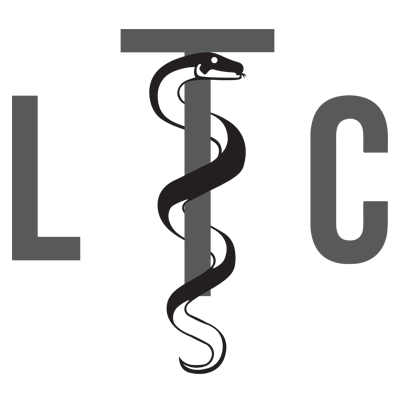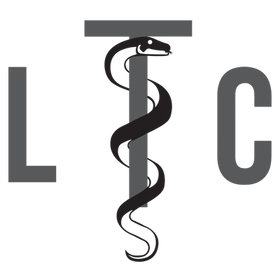TOURNIQUET TIPS
Tourniquets should be used to stop arterial or heavy venous bleeding from an arm or leg wound.
- You can exsanguinate (bleed out) in less than 3 minutes, rapid intervention and application is essential.
-Applying a tourniquet is not going to cause the limb to be amputated.
-Tourniquets are very painful when applied, do not let pain distract you from proper application.
Chest Seals
Chest Seal Tips
Chest seals are designed to stop outside air from entering the chest cavity and causing a collapsed lung.
- The Thoracic Cavity (chest) is anywhere between the chin and bellybutton.
-Be sure to seal both entry and exit wounds.
-Vented seals are designed to allow air to escape the chest cavity but not enter it.
SWAT-T
SWAT Tourniquet
The SWAT-T can be used as a tourniquet, pressure dressing, sling, and more!
-To ensure you are pulling tight enough when using as a tourniquet, watch the shapes on the wrap change from ovals to circles.
-SWAT stands for Stretch, Wrap, & Tuck
-Some twisting/bunching of this kind of elastic tourniquet is to be expected. Do not remove a functioning TQ to correct.
ISRAELI BANDAGE
Israeli Emergency Bandage
The Israeli style Bandage is a useful trauma tool for mild-moderate injuries.
-Made up of a gauze pad and stretch fabric with locking clips.
-This style bandage typically comes with a pressure bar that allows for direct pressure over the wound area.
-To achieve additional pressure directly over the wound twist the bandage each time you go over the pressure bar.
SPLINTING
Splinting Fractures
-Breaks and sprains are common backcountry injuries.
-If a bone is protruding out of the skin (open fracture) do not push the bone back in!
-Shape the foam splint around the limb ensuring it is in a position of comfort, ensuring that the limb maintains a pulse.
-Use triangular bandage/gauze/swat to attach the splint to the limb, do not wrap directly over the broken area.
-Pad the splint in high contact areas for patient comfort.
MEDS
OTC Medications
Our Kits come with a variety of over the counter medications:
DISCLAIMER: PRIOR TO ADMINISTRATION, ENSURE THAT ANY PERSON BEING GIVEN ANY OVER THE COUNTER MEDICATION DOES NOT HAVE ANY KNOWN ALLERGIES. YOU SHOULD ALWAYS CONSULT YOUR DOCTOR BEFORE TAKING ANY NEW OVER THE COUNTER MEDICAITON.
Diphen: This is an Antihistamine that can be used in the event of an allergic reaction.
Aspirin: Is included for pain management and can also be taken in the event of sudden onset chest pain. **Consult a physician before taking for any suspected cardiac symptoms.
Ibuprofen: Is an NSAID (Nonsteroidal anti-inflammatory drug)
and can be used for pain management and as a fever reducer.




